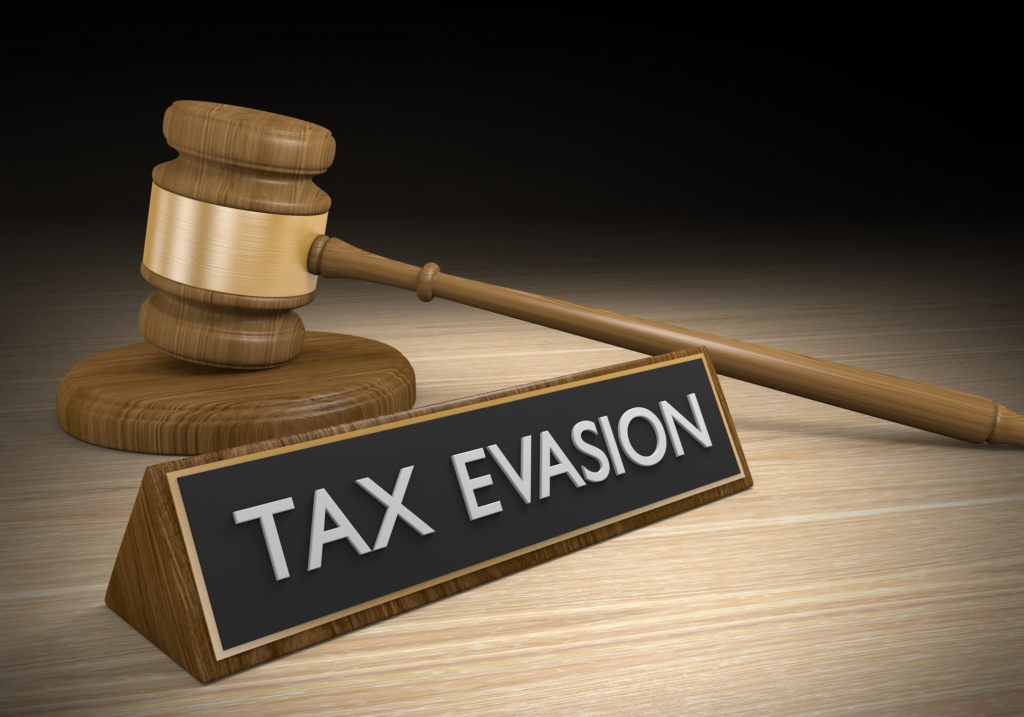What Can Happen if Tax Resolutions Fail


There are a variety of things the IRS can do if your clients fail to resolve back tax issues or choose not to respond to the myriad notices the service will send.
The various ways the IRS uses to collect owed taxes if indeed there is no response or resolution from the taxpayer includes: wage garnishments, bank levies, accounts receivable garnishments, and asset seizures.
Wage Garnishments
One popular way to collect taxes is a wage garnishment. The IRS knows where you work based on your W-2. If you switched jobs, the IRS will consult the state that you live in, and ask for SUTA reports.
On a SUTA report names and wages are listed and they will check social media, call your former employer and ask questions. If all that fails they will go to your neighbors and ask questions about where you work.
The point is they will find you and once they do, the IRS will send a notice to your employer and tell them they have to withhold an amount and send it to the IRS. The amount that is withheld is 25 percent of your disposable income, or the amount that is greater than 30 times the amount of minimum wage.
Furthermore, the IRS allows your employer to charge you a fee for the aggravation. The IRS does not see a wage garnishment as a means to an end, they are just trying to get the matter resolved through other means and are protecting themselves at the same time.
The way to stop a garnishment is to call the IRS and make some other type of arrangement for payment. If all other methods have failed before, explain that and tell them you are willing to do anything. They will resolve the issue and the garnishment will go away.
Bank Levies
Another way the IRS can try to collect is a bank levy. The IRS can find your bank in a plethora of ways: disclosing it on a 433-A, the bank told them when they opened the account or they used direct deposit once.
The IRS will send a notice to your bank asking for all the money in your bank account. The bank will remove the funds from the account, inform the client and then hold the items for 21 days. If your client does nothing, the bank will then distribute the funds to the IRS.
It will not affect any other deposits your client makes after the bank takes the money. If the money levied satisfies the debt there is nothing more to do.
However, it usually doesn’t and most taxpayers don’t want the IRS to take all the money out of their account. As with wage garnishments, the IRS does not see this as the means to an end they are trying to get your client’s attention.
To stop this is before 21 days, call the IRS and make some arrangement with them, and they will release the funds.
AR Garnishments
Account receivable garnishments are usually used for the self-employed. The IRS will contact all customers that have a balance and instruct them to pay them instead of you. Outside of being embarrassing, clients may lose some customers and furthermore have no money coming into the business.
As with all of these tactics, the IRS does not see this as a means to an end. The way to stop this would be to call the IRS and make other arrangements.
Asset Seizures
Asset seizures are when the IRS will take and auction off tangible assets. In some states they can seize your house and auction it off. If your state does not allow that they will put a lien on your house and make the mortgage company become the second lien bearer.
This can cause the mortgage company to foreclose on your client and make the home almost impossible to sell. They can seize your car and any other asset you may have including everything in your house and auction it off.
To get the IRS to subordinate a lien on or seizure of a home, again, call and make payment arrangements. Depending on the value of the assets the IRS may or may not be willing to work with you.
Have clients be mindful that there are the many different ways the IRS can collect their money if they are ignored or no arrangement is made.

